
Investigating microplastics
Maryam Salehi from Mizzou’s College of Engineering spent the summer studying microplastics with colleagues in Germany.
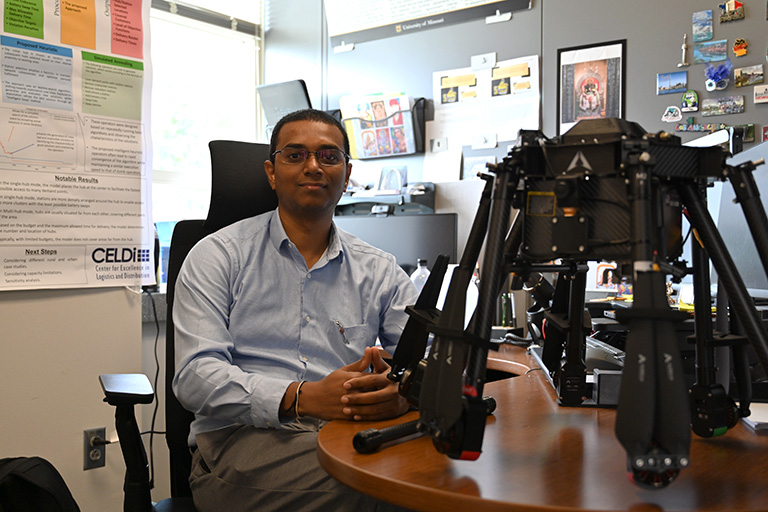
Mizzou Engineering paving the way in transformative last-mile logistics innovation
Sharan Srinivas, is developing a cloud-based route optimization platform to enhance operational efficiencies and reduce environmental impacts of last-mile logistics.
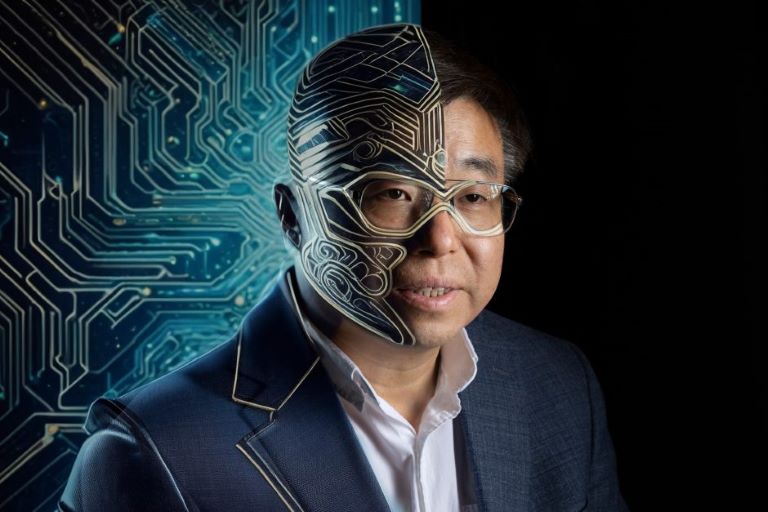
Mizzou researcher Dong Xu weighs in on future of artificial intelligence
Artificial intelligence (AI) can write, create videos and power self-driving cars. Someday, University of Missouri researcher Dong Xu predicts, it also will perform surgeries.
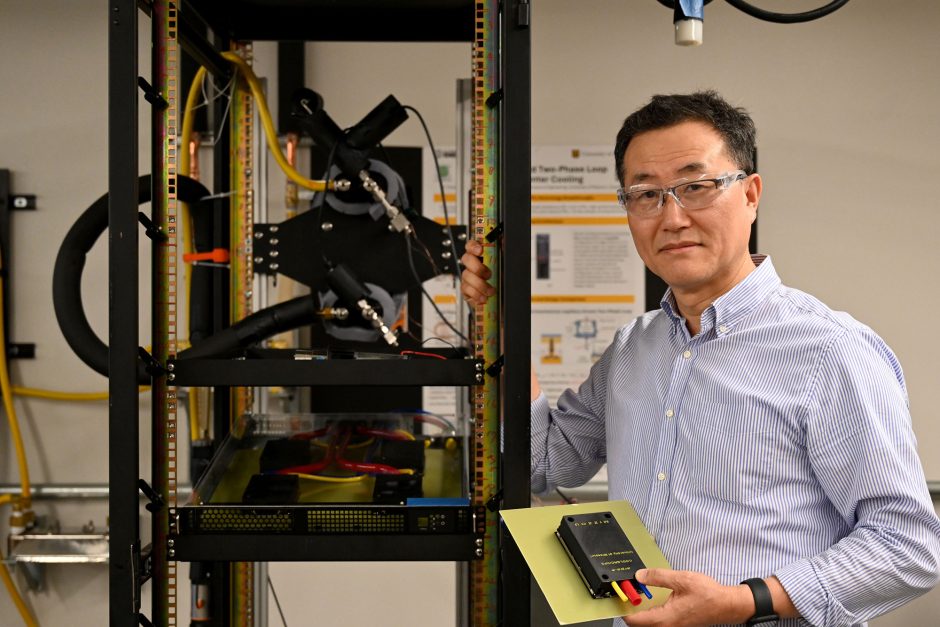
A cool solution
Mizzou researcher Chanwoo Park is designing a next-generation cooling system to help data centers become more energy efficient.
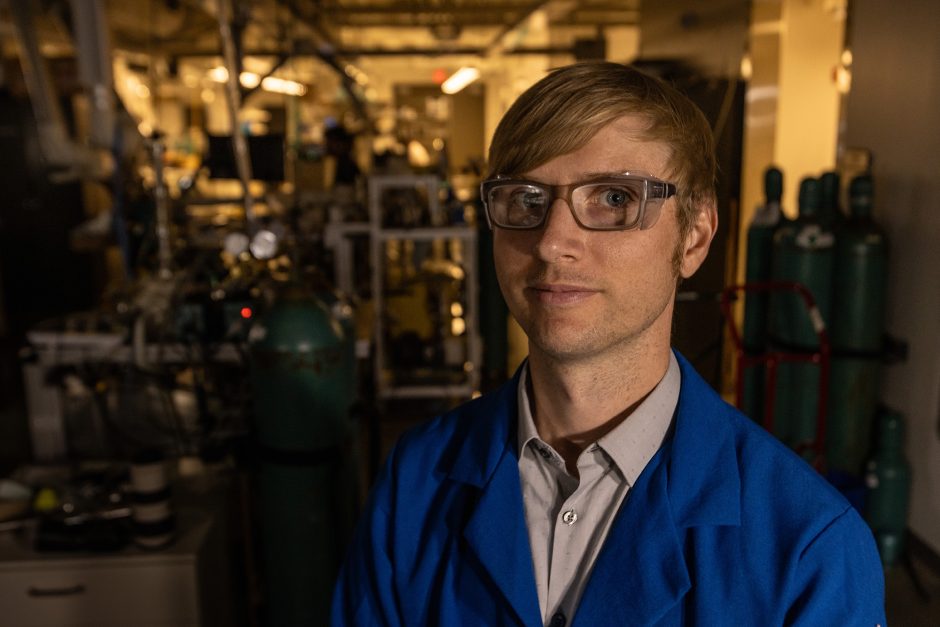
In search of a smarter sensor
Mizzou Engineering researcher Matthias Young believes he’s found a way to keep the valuable nutrients on land where they belong. He’s developing a technique that could lead to new types of sensors to help farmers better measure nitrates and phosphates in the soil, allowing them to use fertilizers more efficiently.
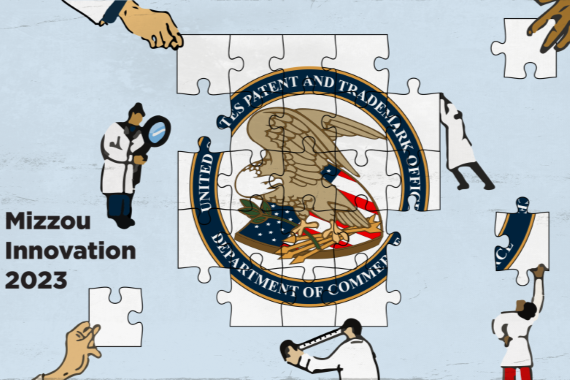
The patent puzzle
Mizzou researchers work with the Office of Technology Advancement to protect and promote their discoveries.
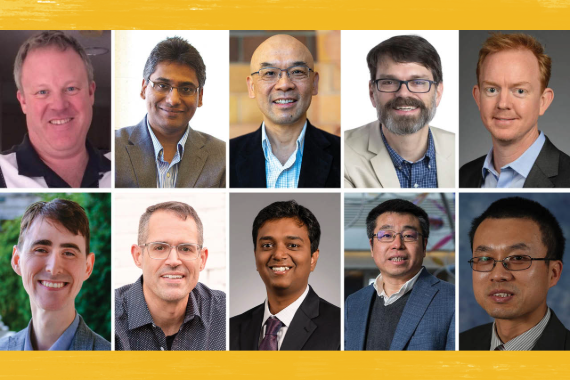
Reporting on AI? Mizzou has the experts you need.
Artificial intelligence (AI) stands as the frontier of technological revolution — poised to reshape every facet of our lives. As leaders in AI research, The University of Missouri is happy to connect you with the right expert.

Hackers beware: Research shows AI can assist with cybersecurity
A Mizzou researcher and collaborators found that leading chatbots can pass certified ethical hacking exams.
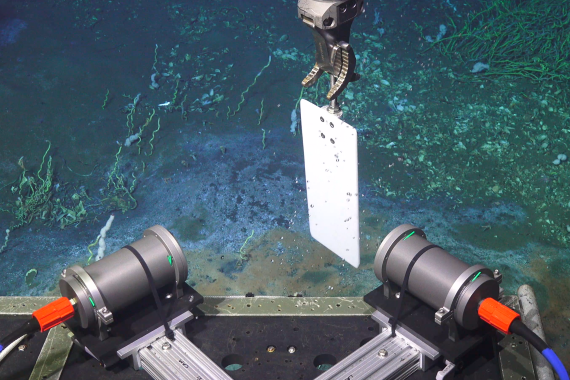
Bubbling with curiosity: Mizzou engineer investigates oceanic phenomenon
Binbin Wang has spent years researching hydrocarbons in the Gulf of Mexico and discovering how natural seeps in the ocean floor affect the environment. He is now working on a long-term research project using a National Science Foundation research vessel.
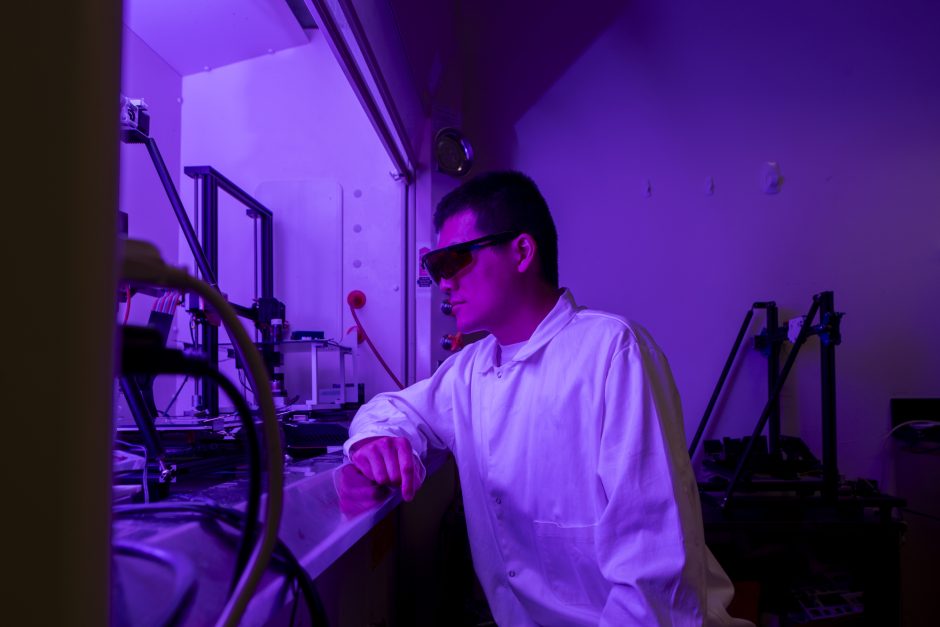
No assembly required
Innovative 3D printing method developed by Mizzou Engineering doctoral student streamlines multi-materials manufacturing.